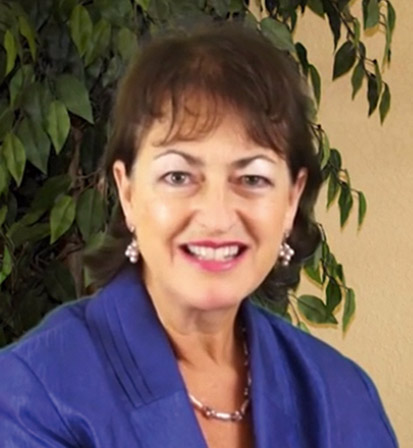|
ALMOST 20 million people believe they have had a near-death experience (NDE) though scientists have yet to agree on how they should be interpreted.
Vancouver clinical psychiatrist Professor Elaine Drysdale of the University of British Columbia, Canada, regards them as spiritually significant.
She refuses to dismiss them as the result of delirium, psychoses or lack of oxygen to the brain. Instead, she teaches patients and students about the benefits of understanding how the experience can change their lives.
“Many patients who learn about NDEs believe they have implications for understanding the spiritual realm,” Drysdale told Vancouver Sun columnist Douglas Todd.
She agrees with prominent oncologist Dr Jeffrey Long, who says such experiences cannot be explained away by existing biological theories. Long describes how people who appear clinically dead are often alert to events they could not normally have seen or heard.
 |
|
Prof Dr Elaine Drysdale
(Photo: ndevideo.com/Roberta Moore Productions)
|
|
NDEs are strikingly similar, regardless of age, gender, religion or culture, she points out.
Furthermore, two best-sellers have been written by prominent doctors who have had NDEs: Dr Eben Alexander of Harvard Medical School wrote about his in Proof of Heaven, a Neurosurgeon’s Journey in the Afterlife, and orthopaedic surgeon Dr Mary Neal gives an extraordinary account of her NDE in To Heaven and Back.
Drysdale is convinced that open and timely conversations about such experiences, with the appropriate patients, can help people develop, both psychologically and spiritually.
Despite strong evidence supporting the reality of near-death experiences, Drysdale says she still feels that overly sceptical medical colleagues sometimes “dishonour” her teaching in the field.
|

